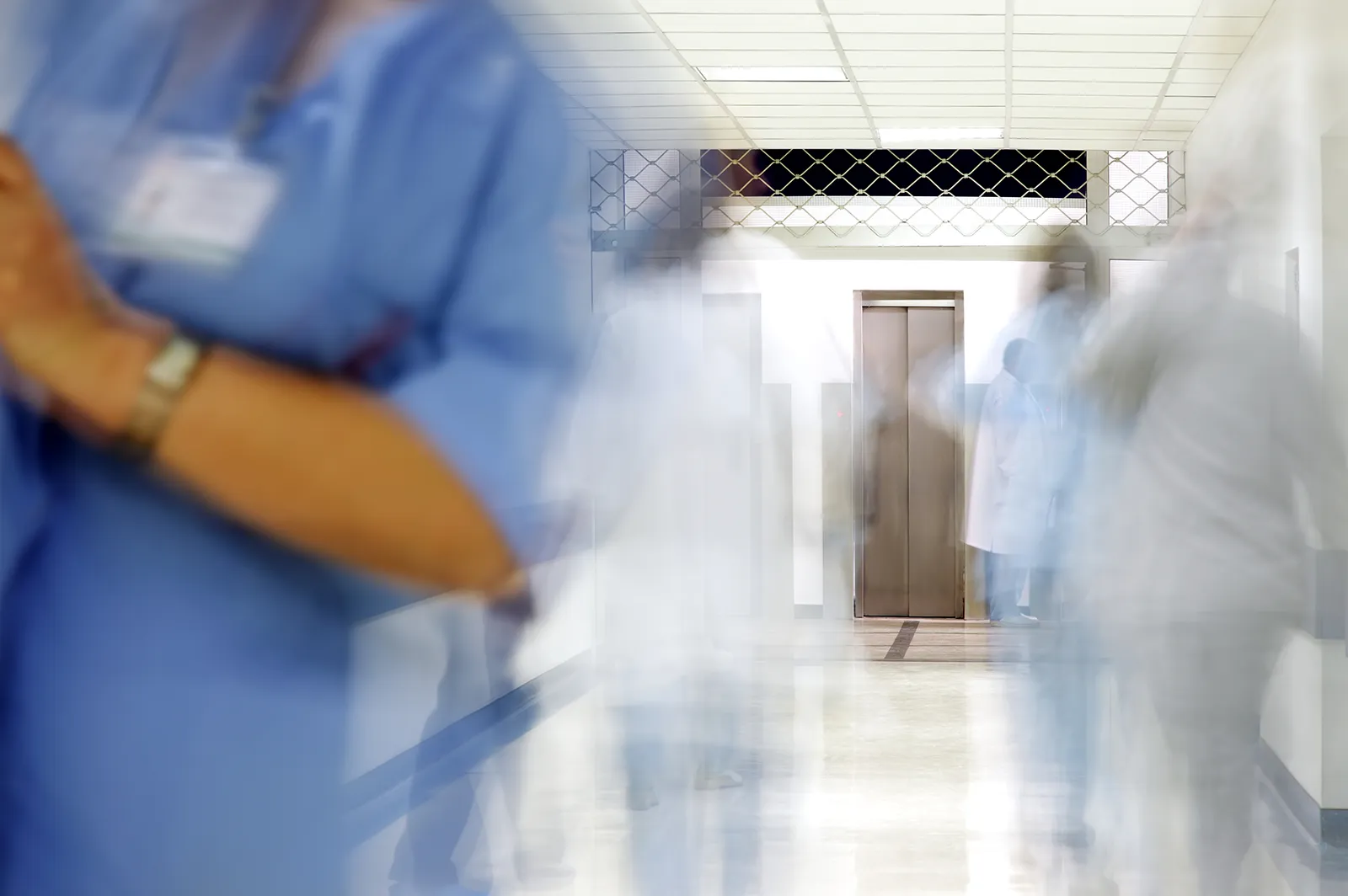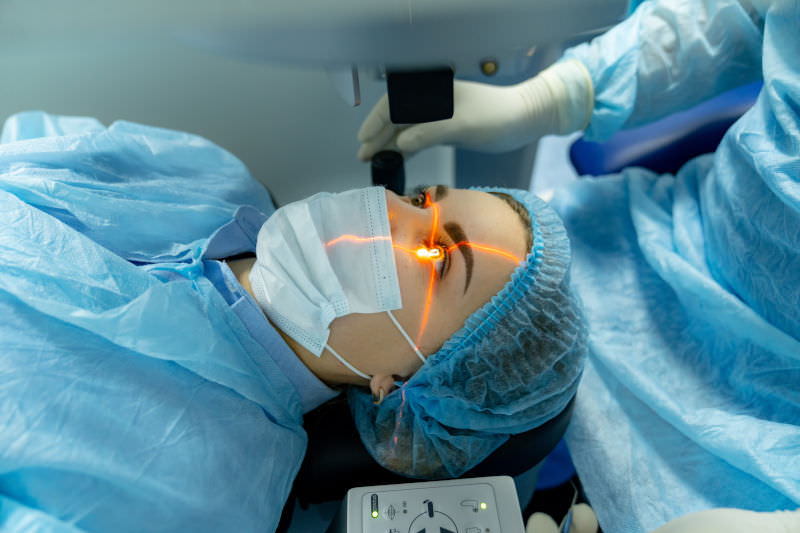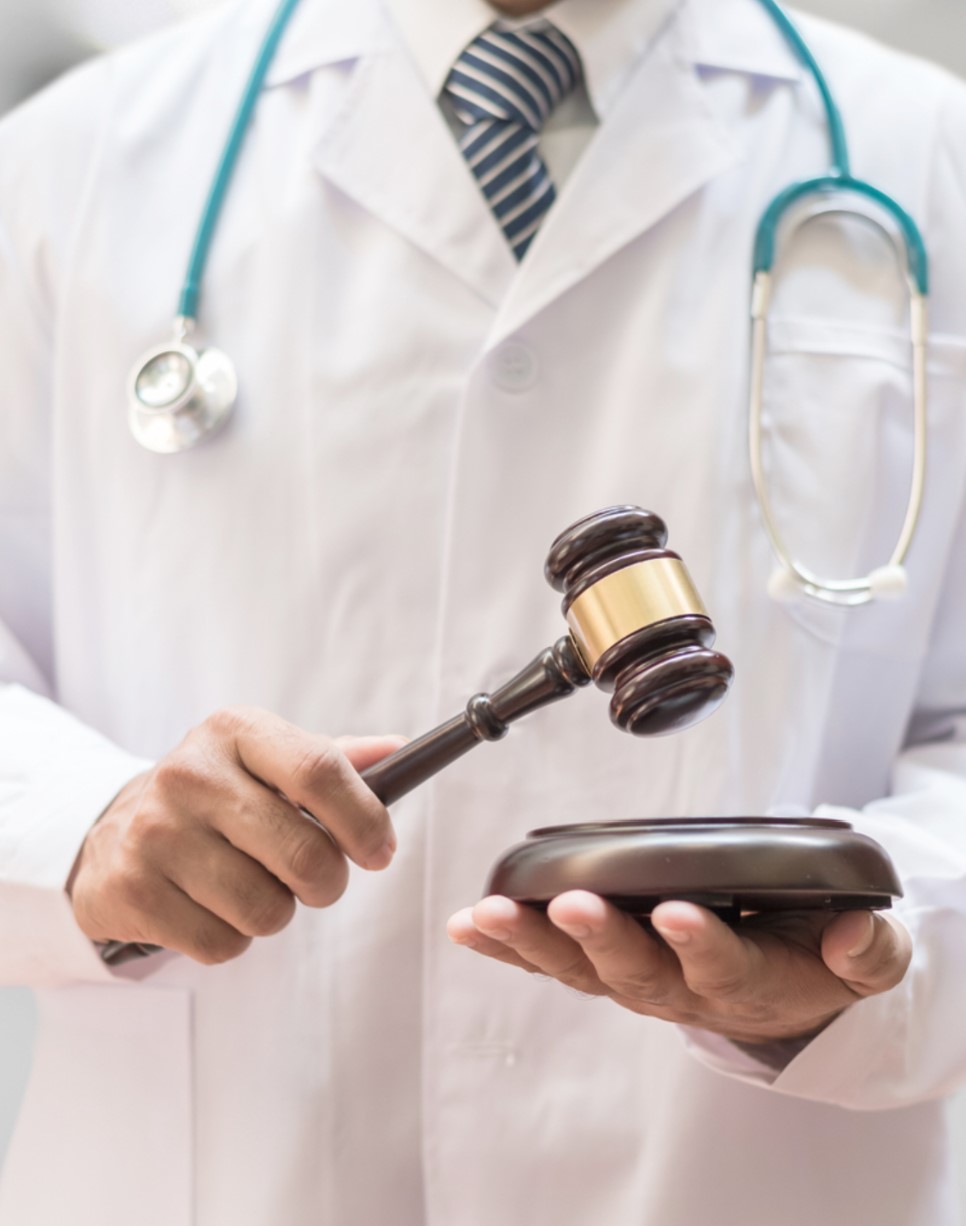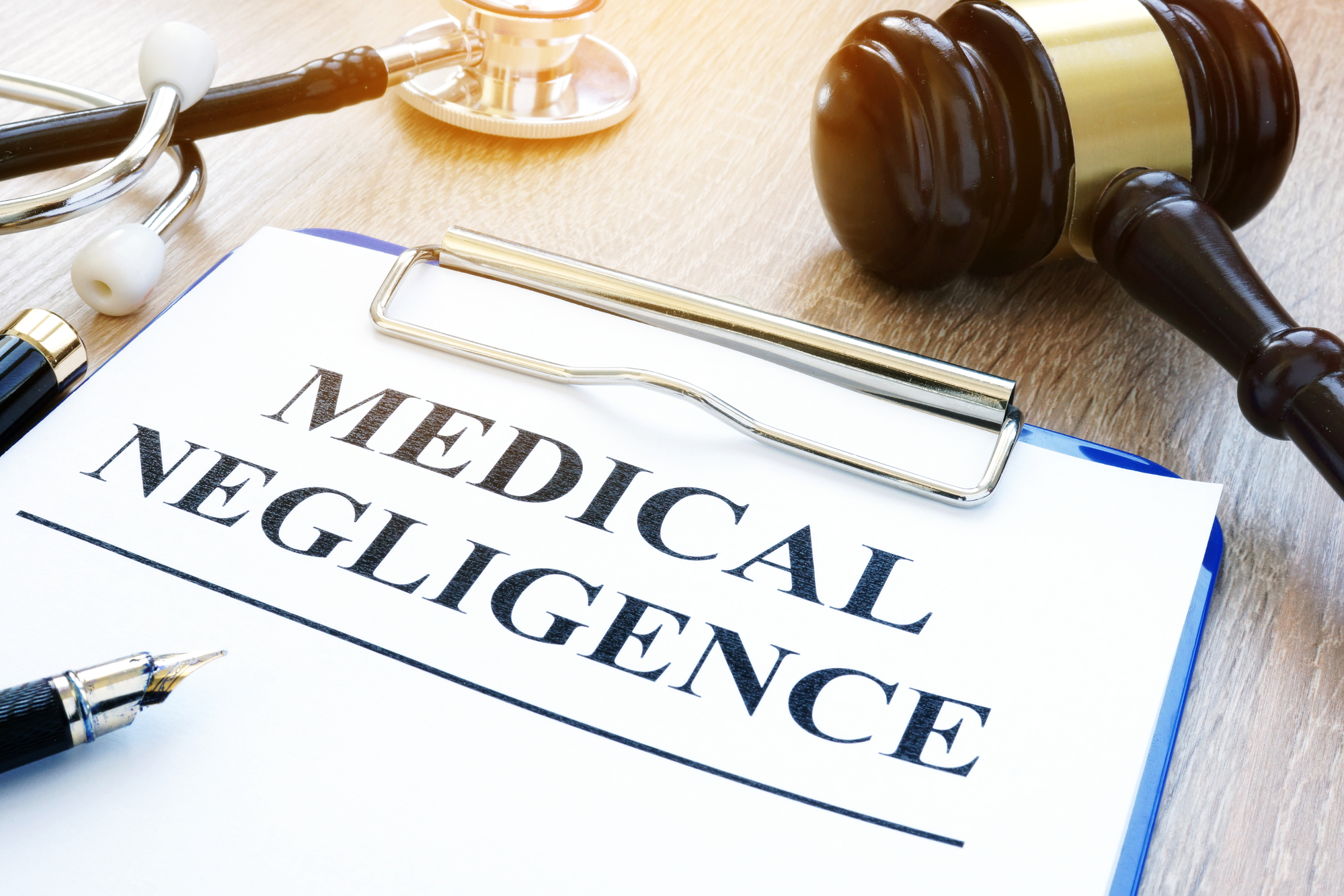The NHS is a highly emotive topic of conversation these days and a political ‘hot potato’. Hugely underfunded or hugely mismanaged? People’s views on this tend to be swayed by their political persuasion, although what is surely clear to everyone, regardless of politics, is that the Health Service is in serious trouble.
So should we even be talking about helping people to make a claim against the NHS for clinical negligence? You can almost hear the cries of ‘disgraceful’, ‘ambulance chasing solicitors’ and the like. However those cries almost universally come from those who have never had the misfortune to have been the victims (or the relatives of the victims) of surgical blunders or misdiagnosis that has gone on to cause often serious injury or death.
According to the NHSLA (NHS Litigation Authority, the body which handles claims on behalf of the NHS trusts) the cost of medical negligence claims hit £1.4 billion in the year 2015/2016.
The NHSLA says that the increase is due to a big rise in the number of claims and the size of legal costs from claimants.
Lawyers groups have said that the costs would not exist if the NHS had not been negligent and they accuse the NHSLA of delaying claims. Certainly amongst those solicitors who act for clients who bring medical negligence claims, there is a strong feeling that the NHSLA could more readily accept liability for a given doctors/hospital’s negligence in more cases, rather than making the claimant ie the person who suffered as a result of the negligence, gather more and more evidence, thereby increasing costs, in cases where it is quite clear, certainly to the professionals involved, that the NHS via the NHSLA are litigating on, when they are fighting a lost cause. Surely better to cut their losses and settle the matter thereby keeping costs to less than they need to be, is the reasoning of many claimant solicitors.
So where should this leave you, a reader of this article, who thinks that they may have been the victim of medical negligence and who is wondering if it is right that you make a claim?
The answer has to be unequivocally, that you should contact a solicitor with a view to making a claim. Whatever your views are on the difficulties the NHS faces, the fact is that you as a patient have a right to expect to receive a professional standard of service when you need to avail yourself of the services provided by the NHS. As we point out on our Clinical Negligence services page the test to be applied in deciding whether a medical practitioner has been negligent is known as the Bolitho Test, and is what ought to have been done by an ordinarily competent medical practitioner as judged by a responsible body of medical opinion. If the medical practitioner by his/her actions falls short of what ought to have been done, then he/she will have been negligent. In such a case if the patient has pain and suffering as a result of the negligent action, then he/she will have a case for claiming damages. If you have suffered in this way, you have a right to be compensated for the pain and suffering that you have experienced. An experienced clinical negligence (or as it is also referred to ‘medical negligence’) solicitor will be able to make an informed assessment at a relatively early stage, as to whether you have a claim that has reasonable prospects of success.
Examples of cases of clinical negligence are wide ranging in type. So for instance we have seen examples of clients who have been to visit their local A&E department after injuring a leg playing sport who have been sent home with the indication that they have twisted a knee or have bruising to a bone when in fact they have seriously damaged ligaments or have a break or fracture of the bone. Such misdiagnosis passed off as minor injuries can give rise to serious and long-lasting problems, requiring extensive surgery and long periods of rehabilitation, when had the injury been spotted and treated correctly at the outset, the period of incapacity would have been relatively short and a full recovery made fairly quickly.
Mismanagement of conditions such as diabetes can lead to horrific consequences. One of the common features of diabetes is poor blood circulation. This particularly affects the legs and feet. Infections can cause serious problems, so diabetic patients with a foot ulcer or wound should be referred urgently to a specialist multi- disciplinary diabetic foot clinic to make sure they have the best possible management. Mistakes are often made when GPs fail to follow guidelines and to refer patients urgently leaving it to practice nurses to do their best. In some of the worst cases of mismanagement, where small injuries have got much worse, people have had to undergo amputations. Equally, mismanagement of patients who are bed bound for long periods can give rise to bed sores which can again have disastrous consequences for the patient involved with the real risk of sepsis or gangrene if the sore becomes infected.
Other situations where clinical negligence can and do occur;
- Giving the wrong medication
- Doing the wrong operation or the right operation but in the wrong place
- Doing an operation badly
- Failing to make a diagnosis – cancer is perhaps the most obvious area where this can have devastating consequences. An otherwise treatable condition caught early enough is misdiagnosed and by the time, the mistake is found out, the condition has become inoperable and therefore terminal.
In reality the list of things that can and unfortunately do go wrong is long indeed.
The men and women who work in the NHS do a fantastic job. They are under pressure and mistakes can be made – just as in any walk of life. Often such mistakes do not lead to any damage and no one is suggesting that claims should be made where there have been no real consequences as a result. In reality claims with no measure of quantifiable damage (that is where there may have been negligence, but no one suffered as a result) will not get off the ground and as responsible clinical negligence solicitors we would advise you of that at the outset, to avoid unnecessarily raising your expectations of being able to make a claim. An apology from the relevant NHS Trust would be sufficient and would serve the purpose of an acknowledgement that a mistake, which can be learned from, has been noted.
However, if you have suffered as a result of the clinical negligence of a medical practitioner you are fully within your rights to make a claim and to not feel guilty about doing so. You are entitled to receive the compensation you deserve. By visiting a specialist clinical negligence solicitor, such as those at Truth Legal you will not only be getting absolutely the best advice and representation possible, you will be ensuring that your claim is pursued in the most effective and cost efficient way. Contact us first for a free, no obligation assessment of your case. If we believe you have reasonable prospects of success, we will then offer our services on a No Win, No Fee basis.
Further Reading
From one of the UK’s most read legal blogs.










